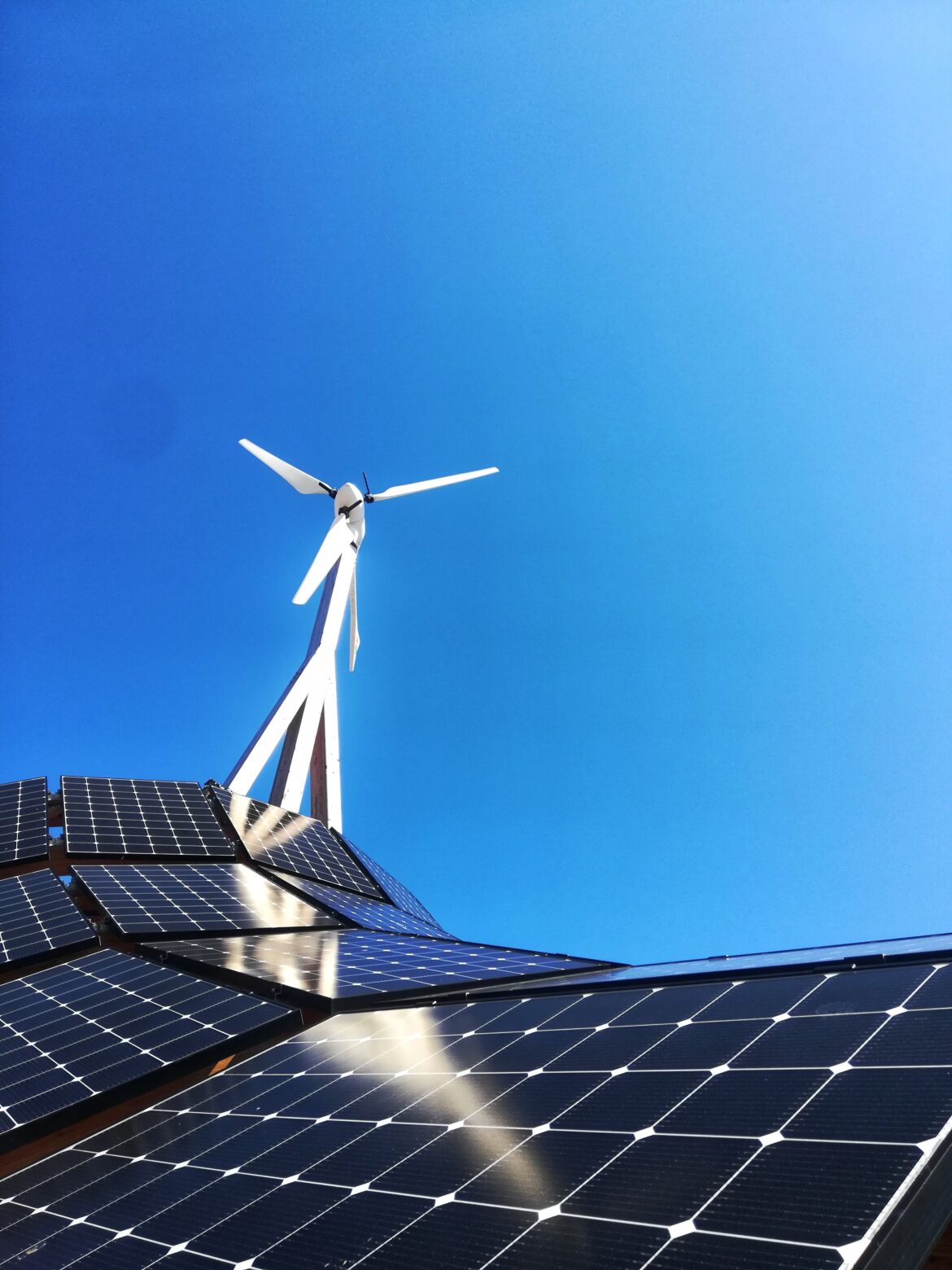Today, the profit motive is the greatest force for environmental improvement. Politicians should embrace it, salute it and promote it.
Last winter, I strolled around the villa neighbourhoods of Bromma (in Stockholm, where I live) with my sleeping daughter in her stroller, embracing the crisp sub-zero temperatures. I felt content not to own one of those early 20th-century villas with an electricity bill equivalent to half my monthly income. Just over nine months later, solar panels adorned many of those rooftops. In the first quarter of 2023, the number of solar panel installations in Sweden surged by 160 percent compared to the previous year.
These solar installations don’t only benefit villa owners. The expansion of electricity production in Bromma may seem inconsequential on its own, but when the same transformation occurs on over 150,000 villa roofs across Sweden, it reduces the need for more expensive energy sources. In a year from now, another 200,000 houses might have their own power generation setups.
Villa owners themselves become small energy producers, capable of selling excess electricity or using it for their own needs. Some months may yield surplus power that can be sold. These installations may take years or even decades to pay off, much like investments in new factories. Profitability often takes time and patience, qualities not suited for the impatient. However, the value of the villa can immediately increase when the next buyer inherits a house capable of producing its own electricity.
The fundamental incentives driving villa owners to become electricity producers are inconsequential. It could be to make the world a better place or simply to save money. Today, both objectives align. When the incentives are right, it’s as if an invisible hand guides us toward a world without emissions. This shift can be driven by external factors, such as the rising cost of energy after the Russian invasion of Ukraine, or by political decisions which make polluters pay or provide subsidies. Regardless, the profit motive compels responses to these new conditions. If environmentally responsible behaviours and products become profitable, companies will adapt accordingly.
Nowadays, even IKEA sells solar panels as ready-made products. Their price has decreased to a level accessible to ordinary people, but it wasn’t always this way. Until recently, solar power was expensive compared to many other energy sources. When it comes to a product like electricity, many consumers are indifferent to its origin; what matters most is the price. Therefore, solar panels have had to undergo a journey, one that is ongoing, to become a competitive power source.
As millions of villa rooftops in the USA and Europe are adorned with solar panels, new markets emerge for products which, not too long ago, did not exist. Receiving cheap electricity at certain times of day is great, but what if that electricity could be stored until it’s most valuable so that the owner of the solar panel makes more money by selling it?
This thought has likely crossed the minds of many villa owners on the brightest sunny days. Once again, the profit motive emerges; car companies with ambitions to survive are now working on large-scale electricity storage in the form of batteries. Some might call it a happy accident, but I believe unplanned and unintentional breakthroughs are a hallmark of a free and dynamic economy.
These breakthroughs are clear to see across sectors. In the energy industry, for example, jet engines for military aircraft form the basic technology for highly efficient natural gas power plants. Similarly, today’s wind turbines are the result of knowledge from other industries, especially maritime, but also aerospace and electronics. Expertise in pipe construction, magnet manufacturing, and marine propulsion, for instance, was essential to scale up wind turbines. Few of the inventors of these technologies could have imagined what their creations would help bring into existence. The same likely applies to a government bureaucrat reading patent applications at the time.
Car companies’ batteries can power electric cars but can also be installed in homes, which is already happening in some cases. If every Swedish villa garage has a battery box in ten years, it won’t be because a politician decreed it. It will be because car and battery companies perceived a profit opportunity and competed to capture this new market.
Technology trumps politics. While businesses may operate in an environment where politics can be crucial, they are not solely reactive. Waiting to see what competitors do is seldom a winning long-term strategy if profitability is the ultimate goal.
Jonas Grafström PhD is a fellow with Young Voices Europe and a Swedish researcher and academic. He is a researcher in economics and Vice CEO at the Ratio Institute think tank and a visiting fellow at the Oxford Institute for Energy Studies and Luleå University of Technology. Jonas is also associated with the AI-Econ-Lab at Örebro University.
